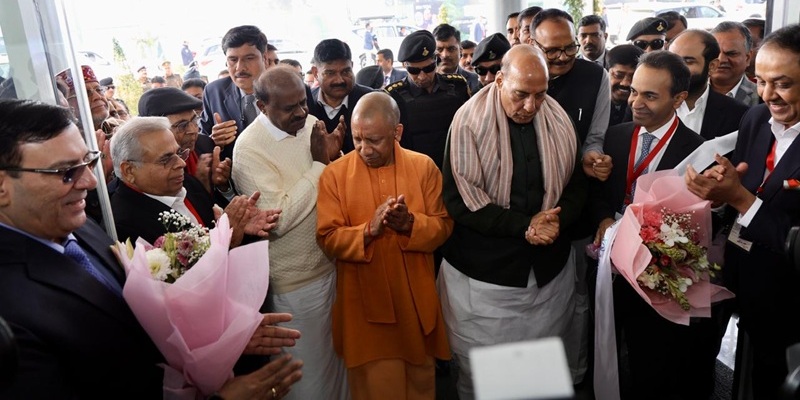Schedule a Call Back
Half of the cyberattacks target government and industry: Positive Technologies
 Industry News
Industry News- Oct 23,24

Related Stories

Waaree Energy Storage Raises Rs 10.03 Billion to Advance 20 GWh Battery Plant
Waaree Energy Storage Solutions has secured Rs 10.03 better in funding to advance its planned 20 GWh lithium-ion cell and battery pack manufacturing facility in India.
Read more
Ashok Leyland opens green mobility-focused greenfield plant in Uttar Pradesh
Designed primarily for electric vehicle manufacturing, the plant has an annual production capacity of up to 5,000 vehicles.
Read more
Bharat Forge and Agile Robots sign MoU to Advance AI-Led Industrial Automation
The MoU brings together Bharat Forge’s manufacturing expertise and Germany-based Agile Robots’ AI-led robotics capabilities to accelerate intelligent automation across key civilian industrial se..
Read moreRelated Products

Compact Fmc - Motorum 3048tg With Fs2512
Meiban Engineering Technologies Pvt Ltd offers a wide range of Compact FMC - Motorum 3048TG with FS2512.

Digital Colony Counter
Rising Sun Enterprises supplies digital colony counter.
Robotic Welding SPM
Primo Automation Systems Pvt. Ltd. manufactures, supplies and exports robotic welding SPM.












